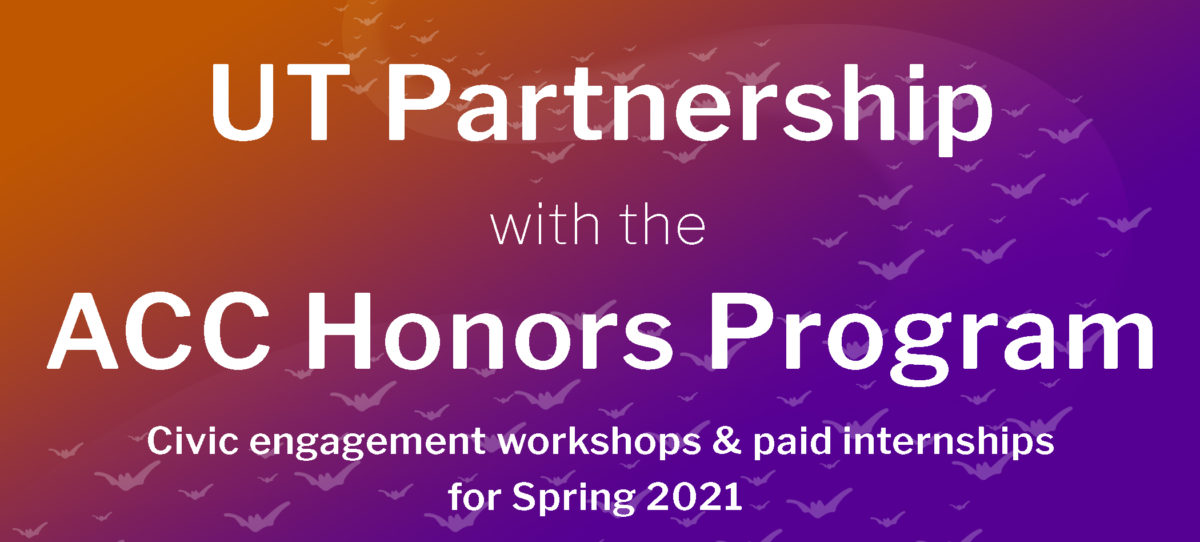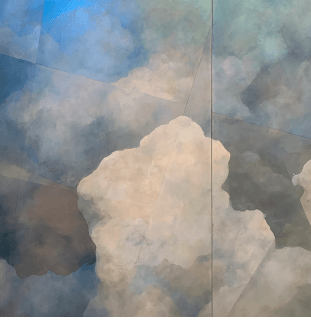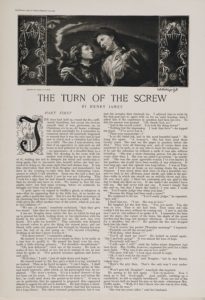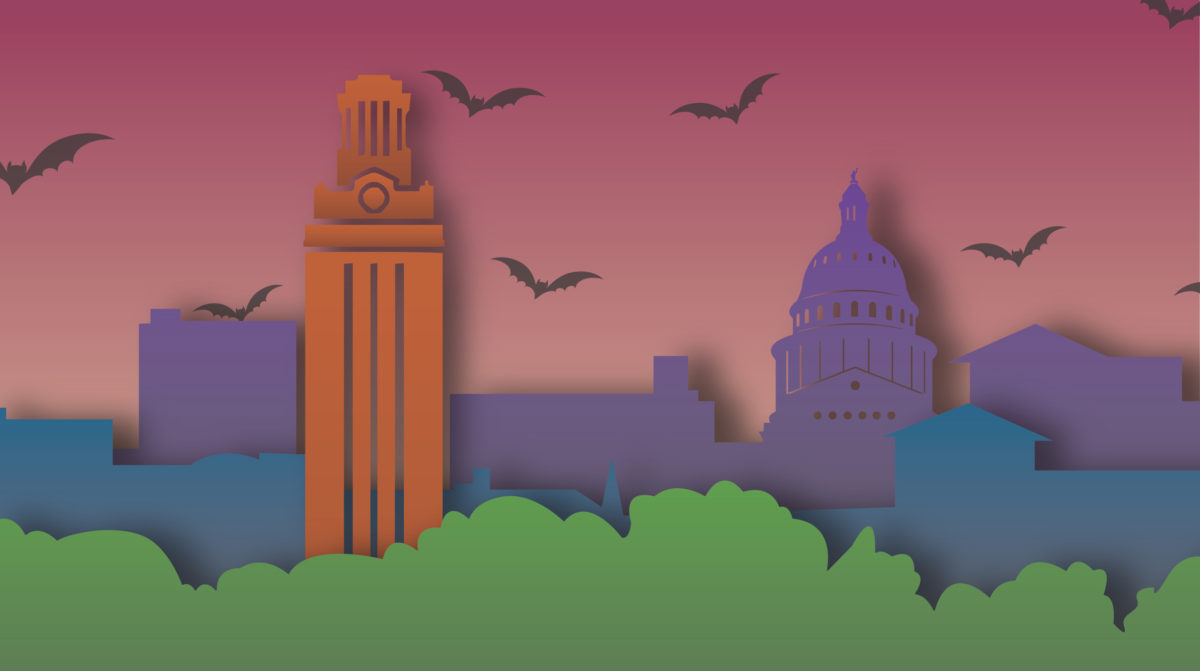“There is no power for change greater than a community discovering what it cares about.”
Margaret J. Wheatley, “Turning to One Another”
As I consider my education thus far, I often recall the question that haunted my grade school classrooms: “When will I use this in real life?”
While I heard this in nearly all subjects, liberal arts courses were particularly judged for an apparent (to my group of high school peers, at least) lack of pertinence. I did not think about how my liberal arts courses played a role as I waited in line to vote last month in the same way I know I’ll apply algebra to halve tonight’s dinner recipe. However, civic engagement, the effort to understand and address the values and needs of our communities, is a prominent example of how aspects of the liberal arts are present in our daily lives. Civic engagement plays a unique role in a liberal arts education as an opportunity for a student’s personal context, their academic training, and their community’s needs to all intermingle to produce new understanding and potentially, new solutions to problems both personal and global.
The pandemic has put significant constraints on the ability to engage one’s community, yet many incredible people have fought to keep our networks together and, despite it all, even new connections and opportunities have been created. Among these is a new partnership between the ACC Honors Program and the University of Texas which facilitates civic leadership training for ACC Honors students.
Taught by nationally-recognized UT faculty members Dr. Molly Wiebe and Dr. Lorna Hermosura, UT’s Youth and Community Studies program is offering 40 ACC Honors students free online workshops centered around community building, restorative practices, and civic leadership. Students who complete all five workshops will receive a certificate of completion and transfer advising, as well as an invitation to apply for a paid internship with UT GEAR UP.
UT GEAR UP’s one-week internship serves as an opportunity for students to apply their newly acquired analytical skills and techniques for community building and engagement to guide students from high needs schools as they explore career and college readiness. ACC interns will lead workshops, lessons, and team building activities throughout the camp while working alongside UT faculty and staff and will receive a field-based learning certificate for their work.
Online workshops will be conducted on the following Fridays: January 29th, February 5th, March 5th, April 2nd, and May 7th. All will take place from 1:00-3:00 pm, with the February workshop being slightly longer. The deadline for ACC Honors students to apply is December 10th, 2020. Students must have taken at least one Honors course or be registered in an Honors course for the Spring 2021 semester.
This opportunity will only be available for a maximum of 40 applicants, so apply to become a YCS Fellow and join the program today here! All majors are welcome!





